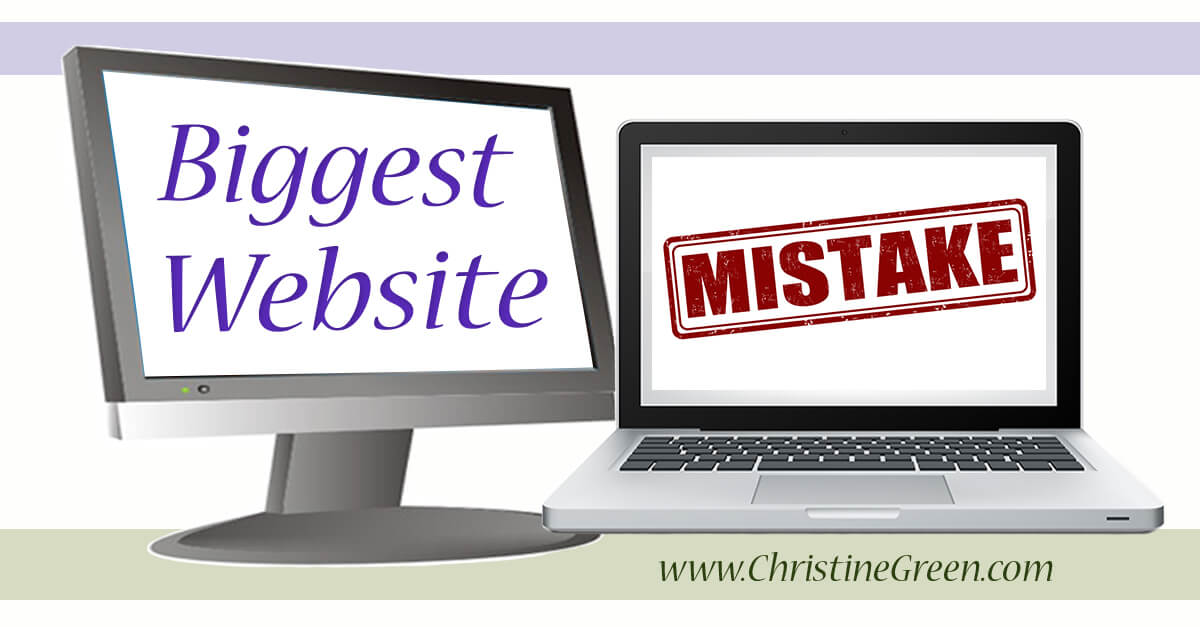One topic that comes up often with my coaching clients, is boundaries. That’s because so much of coaching, whether it be personal or professional, is about relationships. And relationships are managed effectively or ineffectively in direct proportion to the state of our interpersonal boundaries.
So what am I talking about here? What are boundaries?
Boundaries are the invisible screen around us that lets us know where we end and others begin.
Boundaries:
- must be permeable enough to take in and give out necessary information
- must be impermeable enough to offer protection and separation
- are our “perimeter” that determines acceptable closeness
- help us know what are our feelings and what are someone else’s feelings
- help us know what is our responsibility or problem and what is someone else’s
- give us the ability to take in feedback and either accept it, modify it or reject it
- give us the ability to recognize our needs and wants in making decisions
- help us recognize and respect the boundaries of others
- keep us from offending or violating the boundaries of others
- help us take responsibility for our choices and feelings without blaming others
- give us “common sense” in our social judgment- we recognize danger
I originally created the above list to describe boundaries as they relate to personal and intimate relationships. But depending on the person or situation you have in mind, each element can also apply to business relationships.
Types of Boundaries
Physical Boundaries:
This is your personal space; your comfort zone. Each person has their own unique physical boundary – how physically close someone can get while maintaining comfort – yours and theirs. This is culturally defined and defined by childhood experiences. If our physical boundary was violated as a child we are more susceptible to abuse as an adult and more likely to violate the physical boundaries of others as well.
Emotional Boundaries:
This is about how much personal information we share with others and when. It is about how easily we distinguish our feelings from those of others. If our emotional boundary was violated as a child we may have difficulty with intimacy due to a tendency to become over-involved and too closely enmeshed with others. It can also mean that we “absorb” the energy or feelings of others, which can result in mild discomfort to intense overwhelm. We then feel unsafe and have to put up a “wall” to feel protected. With weak emotional boundaries, we don’t know how to move easily from intimacy to autonomy. And we therefore often operate in one or the other extreme. All or nothing – completely entangled with someone or walled off and shut down.
Intellectual Boundaries:
This is about how solid we feel in our personal identity and our clarity about what thoughts and beliefs are ours and what are the thoughts and beliefs of others. If our intellectual boundary was violated as a child we may have difficulty knowing our true beliefs or trusting our ability to make decisions. We may be susceptible to mental manipulation of others – also known as “mind games.”
Sexual Boundaries:
This is about the ability to decide with whom we relate sexually, and when. If our sexual boundary was violated as a child we may have difficulty setting limits sexually or may even behave compulsively with sex. And in the extreme, we may have the urge to violate others sexually.
Can you see how each of these types of boundaries can impact not only your personal but also your business life?
In today’s culture, our personal and professional lives often overlap. And if you run your own business you know that there is often a blurred boundary between work and home life. Not to say that is a bad thing or even that weak boundaries in any of these areas is always negative. That’s only for you to judge.
The key, however, is the issue of choice. Are you making a choice about how close, or how involved you are in a particular moment or with a particular person? When we feel powerless over our boundaries or other people’s boundaries, then we have a problem.
This article is intended to merely introduce this topic. There is much to say about boundaries in the business world. I will delve into examples and the specific negative consequences of weak boundaries in a future post. If this is a significant issue for you, my best suggestion is to consider working with a coach who has experience helping people developing healthier boundaries.
There are many books that offer help with boundaries. Some of the best are books on codependency, Charles Whitfield and Pia Mellody both offer good advice on boundaries. (these are affiliate links)
What are your experiences with professional boundaries? Do you have different boundaries with each colleague? Or do you find yourself in the same patterns with all your business relationships? What about your employees or your superiors?
What can you do to create healthier boundaries?
Boundary Coaching is one of my specialties. Schedule a Complimentary Consultation and we’ll talk about how coaching can help you strengthen your personal boundaries at work (and other areas of your life).








